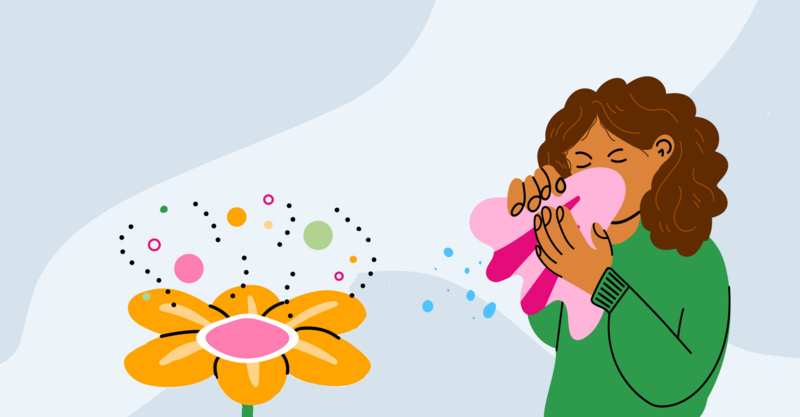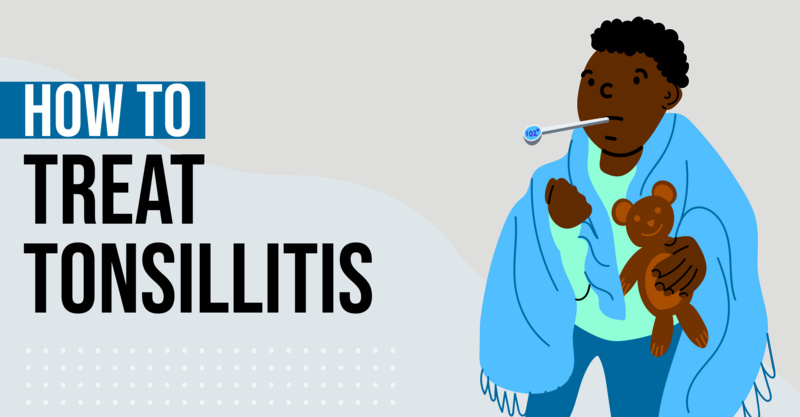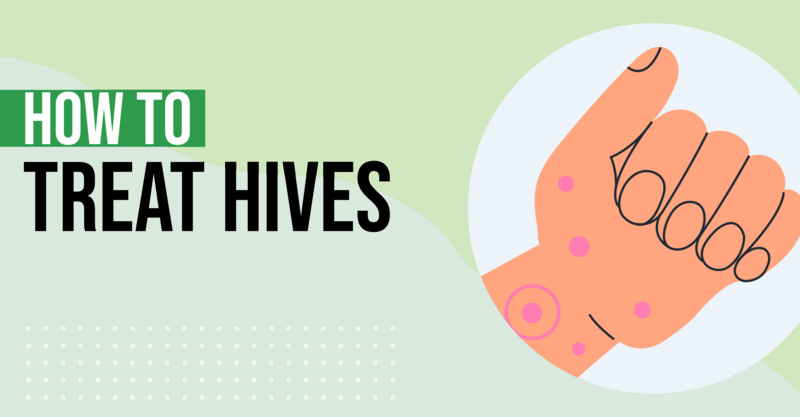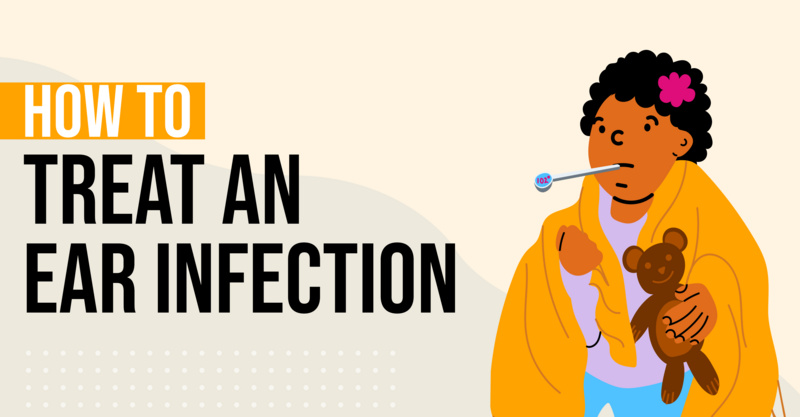Key Points
- Eczema, also known as Atopic Dermatitis, is a skin condition that often results in a red, itchy rash and can persist from childhood into adulthood.
- Common symptoms include itching, a raised rash, dry, scaly skin, and thick, cracked, or crusty skin.
- The condition is often linked to factors such as genetics, food allergies, seasonal allergies, and allergic contact dermatitis.
- Prevention methods include allergy testing, dietary adjustments, use of hypoallergenic personal hygiene products, moisturizing, and avoiding hot baths and showers.
- Treatment options for eczema range from topical treatments and oral drugs to light therapy, but it's crucial to consult with a healthcare professional for personalized advice.
Possible Symptoms for Eczema
Eczema is a skin condition that often causes a red, itchy rash.[1] This rash can appear on any part of the body, but it is especially common on the face, scalp, neck, and arms. Eczema usually develops during childhood, but people with eczema may continue to experience outbreaks throughout adolescence and adulthood.[2]
Symptoms of eczema may include[1]:
- Itching
- A raised rash
- Dry, scaly skin
- Thick, cracked, or crusty skin
Eczema symptoms often disappear for a while and then flare up again, and these outbreaks may be accompanied by other allergy symptoms. People with hay fever or asthma are especially likely to suffer from skin conditions like eczema.[2]
Top 4 Eczema Causes
1. Genetics
Eczema is often linked to a genetic condition. These gene variations cause eczema to affect your skin’s ability to hold moisture.[1] Healthy skin absorbs moisture, creating a barrier against bacteria or other irritants, but people with eczema may not have this skin barrier. Instead, their skin is left exposed to irritants, which can trigger inflammation.[1]
2. Food allergies
Many people with eczema also suffer from food allergies.[1] If a person is exposed to the food to which they are allergic, it can trigger an eczema outbreak. Children with food allergies can be more susceptible to eczema.
3. Seasonal allergies
Other forms of allergies can also trigger eczema. People with seasonal allergies or hay fever often experience eczema outbreaks[2]. Their eczema symptoms are usually worse when the pollen count is high; however, when the pollen count is low, their eczema symptoms may disappear altogether.
4. Allergic contact dermatitis
Some cases of eczema are triggered by an allergic reaction to certain fabrics, soaps, fragrances, cosmetics, or jewelry. Direct contact with these items can cause eczema and dermatitis symptoms in these individuals.[3]
5 Ways to Prevent Eczema
1. Get allergy tests
If you suspect that your eczema may be linked to an allergic reaction, an allergist, who specializes in treating allergic conditions, can help. Your allergist can perform special tests to find out allergies you may have to certain substances.[4] Avoiding these substances can help reduce your eczema symptoms.
2. Avoid certain foods
If you are allergic to any foods, you may need to eliminate these foods from your diet.[5] Avoiding common food allergens can be a challenge, but your doctor can help you learn how to check food labels to prevent accidental exposure.
3. Use hypoallergenic soaps and detergents
Many personal care items are designed for people with eczema. These items are usually fragrance-free and do not contain common allergens. Ask your doctor how you can choose personal care products that will not trigger your eczema.
4. Use a moisturizer
Moisturizers help seal in moisture and soothe irritated skin. If you are allergic to most creams and lotions, your doctor can help you choose a product that is safe for you.
5. Avoid hot baths and showers
Hot water strips your skin of moisture. If you have eczema, daily exposure to hot water can worsen your symptoms. Instead, use cool or warm water and limit showers or baths to 15 minutes.[5]
Possible Eczema Treatment Options
1. Topical treatments
Topical ointments and creams can help control eczema outbreaks. Your doctor may prescribe a corticosteroid cream for you to use to help control itching and soothe your rash.[5]
Your doctor may also suggest prescription creams that target your immune system to control inflammation; however, these drugs carry some health risks. Talk with your doctor about these creams, because they are often helpful for patients who do not respond to steroids.[5]
2. Oral drugs
Oral medications can also treat eczema symptoms. If you suffer from allergies, your doctor may recommend a variety of allergy medications that prevent certain eczema outbreaks. In addition, if your topical steroid cream is not helping, your doctor might also suggest an oral steroid.
These medications are useful in controlling eczema symptoms, but they may be unsafe if they are used over a long period. Your doctor can help you decide when to stop taking your medications.[5]
3. Light therapy
Some people with eczema do not respond to either topical creams or oral medications. If you have stubborn eczema, your doctor may recommend light therapy. During this treatment, your skin is exposed to controlled amounts of UV rays.[5]
Light therapy is highly effective in reducing eczema outbreaks, but any exposure to UV rays may increase your risk of skin cancer.[5] Your doctor can help you weigh the risks and benefits of this treatment.
Questions Your Doctor May Ask About Eczema Treatment
- When did you first notice your symptoms?
- Does anything make your symptoms better or worse?
- Are you currently receiving treatment for seasonal allergies?
- Are you allergic to any medications?
- What topical creams have you used in the past?
- What kind of personal hygiene products do you use?
- Do you routinely wear perfume or cologne?
- What kind of laundry detergent or fabric softener do you use?
Eczema May Also Be Known as
- Atopic Dermatitis
References
Frequently asked questions
What is Eczema?
Eczema is a skin condition that typically causes a red, itchy rash. It often develops during childhood and can continue into adulthood.What are the common symptoms of Eczema?
The common symptoms include itching, a raised rash, dry, scaly skin, and thick, cracked, or crusty skin.What causes Eczema?
Eczema is often linked to genetics, food allergies, seasonal allergies, and allergic contact dermatitis.How can I prevent Eczema?
Prevention methods include getting allergy tests, avoiding certain foods, using hypoallergenic soaps and detergents, using a moisturizer, and avoiding hot baths and showers.What are the treatment options for Eczema?
Treatment options include topical treatments, oral drugs, and light therapy. However, it's important to discuss with a doctor about your symptoms and any allergies you may have.Is Eczema a lifelong condition?
Eczema can persist from childhood into adulthood, but the severity and frequency of flare-ups can vary.Can Eczema be caused by the personal hygiene products I use?
Yes, some personal hygiene products can trigger eczema, particularly if they are not hypoallergenic.Is Eczema also known by any other names?
Yes, Eczema is also known as Atopic Dermatitis.
Solv has strict sourcing guidelines and relies on peer-reviewed studies, academic research institutions, and medical associations. We avoid using tertiary references.









